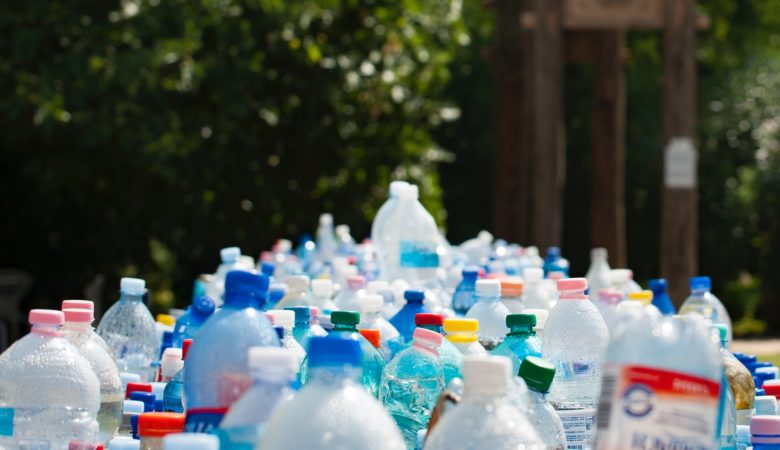Canada’s Toxic Plastic Ban Is a Serious Trade Barrier
Despite committing to use a risk-based approach to chemical regulation in the USMCA, Canada has gone ahead with using a precautionary approach to label all manufactured plastic toxic, and has readied six types of single-use plastics to be added to the schedule 1 list of toxic substances that are banned from importation or sale.
Philip Thompson, the policy analyst for IP and Trade at Property Rights Alliance, called the ban a “dangerous trade barrier” in a panel hosted by the Canada Strong and Free Network to discuss the trade, economic, and environmental consequences of the ban.
Despite Canada’s own assessment which found that only one percent of the plastic in Canada is improperly disposed of in the environment, the toxic label jeopardizes more than $15 billion in trade between the U.S. and Canada, including vital plastic waste the U.S. exports as feedstock to Canada’s recycling industry. That number doesn’t count the enormous value of end-use plastic found as components in packaging, electrical equipment, cars, construction material, and other products.
The ban itself represents an expansion of government power, adds complications to existing frameworks that guide the use and handling of toxic materials in the workplace, and is a marked step away from focusing on waste management solutions to a waste management problem. The most dangerous aspect Thompson pointed out is the precedent it sets in Canada and other countries seeking to curb waste in the environment.
Using this precautionary approach, Canada can choose to ban other types of manufactured plastic at any time or add more materials to the “toxic” list without a real scientific assessment. Other countries may follow suit, or use the same process to label other products as toxic, allowing restrictive import bans or other trade barriers. Meanwhile, the main issues of how the materials end up improperly disposed and how they can be properly recovered remain ignored.
Click here to watch the event Canada’s Toxic Plastic Ban with Congressman Pete Sessions (TX-17); Minister Prabmeet Sarkaria, Associate Minister of Small Business and Red Tape Reduction for Ontario; Dr. Angela Logomasini, Senior Fellow at the Competitive Enterprise Institute; and Philip Thompson, Policy Analyst for Property Rights Alliance:
Photo credit: Mali Maeder on Pexels

